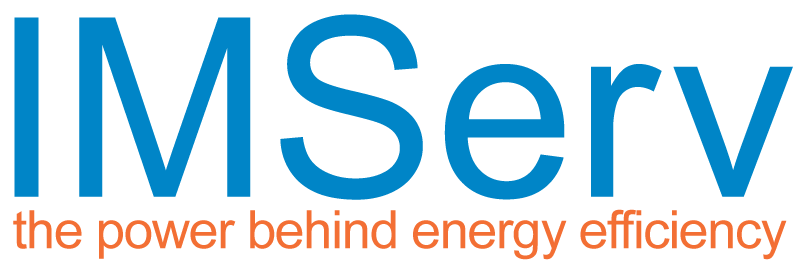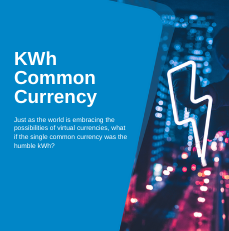Just as the world is embracing the possibilities of virtual currencies, what if the single common currency was the humble kWh?
This approach is not too unrealistic. The energy we generate and sell back to the grid; the alternate energy source we use at a high tariff rate; or the energy we don’t consume by being efficient; is money saved, money we can spend on other things.
If kWh as currency was to be considered, then it would most certainly start with the meter. The mains utility and/or sub-meters provides visibility of utilities consumption and delivers data to enable businesses to identify when to use alternate energy sources, when to reduce demand and quantify the kWh efficiencies. Metering allows for the opportunity to easily assess the where, when and why electricity, gas and water is being consumed, and quantify the kWh saved or, for the alternate energy source, the kWh generated.
The power of meters and sub-meters provides insights into how a building and the equipment within the building is operating, when and at what cost.
Data is intrinsic for the future of the energy management landscape. Once the data from the meters and visibility through the software has been collated and analysed, businesses can actively reduce consumption, save kWhs and save money.
But energy efficiency and an ability to act upon the insights metering data provides, still requires further engagement across the entire business. The current smart meter roll out and the AMR installations are picking up speed and as a result, IMServ’s analysts are starting to see engagement with consumers around the insights and opportunities from the metering data we are collecting. However we still have a long way to go to meet government targets.
Could a different approach to saving energy by seeing the kWh as a common currency to spend on consumer goods be the answer? Would it encourage businesses to embrace meters now more than ever? The meter delivers the insights to enable us to identify opportunities to save money (reduce waste) and make money (generation) helping us manage:
- Out of hours operation
- Opportunities to reduce consumption or shed load at high tariff times of day (particularly for DUoS and TRiAD avoidance)
- Equipment demanding more load than expected (this could suggest poor maintenance/operations
- Heating and cooling demands



